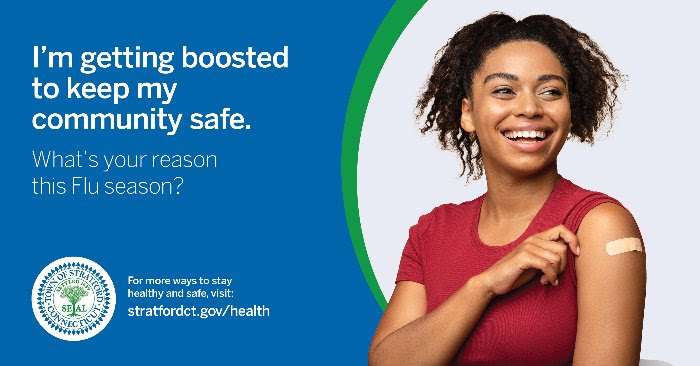Adam Chess MA, MPH
Senior Health Care Data Analyst
As we enter 2023, it is crucial to remember that COVID-19 remains a pressing concern and that it is still essential to take steps to prevent infection and transmission. Currently, COVID-19 is one of the leading causes of mortality, with the virus claiming more lives than motor vehicle fatalities. Just as we have implemented rules, regulations, and safety features to prevent car accident fatalities, it is important to consider if the safety measures in place for COVID-19 are proportionate to the risks.
While death is undoubtedly a devastating consequence of COVID-19 infection, it is far from the only one. Estimates suggest that between 7% and 14% of COVID-19 survivors go on to develop long COVID symptoms, which can range from mild, such as a persistent cough, to life-altering, such as brain fog or chronic pain. Our understanding of this condition is still evolving, and little is currently known about treatment or long-term effects. However, studies have shown that each reinfection with COVID-19 increases the risk of long-term symptoms, hospitalization, and mortality. This highlights the importance of prevention, even after an initial infection.
While vaccines are a valuable asset in the fight against COVID-19, they are not sufficient on their own. To effectively control the spread of the virus, we must focus on preventing infection and reinfection, as well as mitigating the consequences of infection. COVID-19 is an airborne virus, and the best way to prevent it is to treat the air in the same way we treat water to avoid water-borne disease. This means using high-quality N95 masks, utilizing air filtration, and opening windows for fresh air when possible.
It is natural to let our guard down and believe that the worst of the pandemic is behind us, but this would be a mistake. Instead of returning to our previous normal, we have the opportunity to build something better for all of us now. This does not mean obsessing over preventing COVID-19 any more than we currently obsess over seatbelts or traffic safety laws, but it does mean acknowledging that COVID-19 is still a concern and taking reasonable precautions to protect ourselves and others.
As a community, we have the power to take steps to protect ourselves and one another from COVID-19. This means wearing masks, practicing social distancing, and advocating for better institutional protections such as improved ventilation and access to vaccines. By working together and building COVID-19 prevention into our community, we can create a new normal that is stronger and more resilient. Let’s continue to show care and concern for one another as we move into 2023 and work towards a safer and healthier future for all of us.




Excellent article, a necessary reminder.